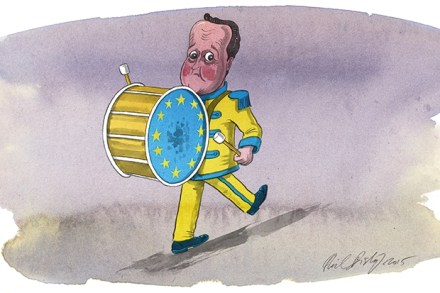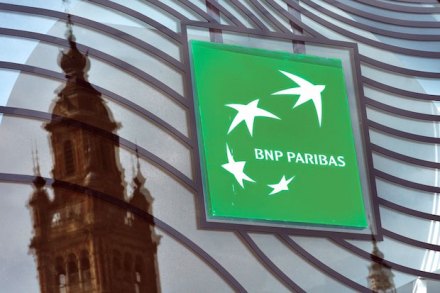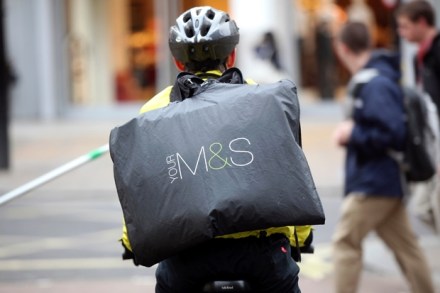Portrait of the week | 11 June 2015
Home David Cameron, the Prime Minister, said of the EU referendum: ‘If you want to be part of the government, you have to take the view that we are engaged in an exercise of renegotiation to have a referendum and that will lead to a successful outcome.’ This caused a certain amount of uproar, with newspaper headlines saying things like ‘PM: Back me or I will sack you.’ Mr Cameron the next day said: ‘It’s clear to me that what I said yesterday was misinterpreted.’ His remarks followed the launch of a grouping called Conservatives for Britain (run by Steve Baker, the MP for Wycombe), which boasted the support of












